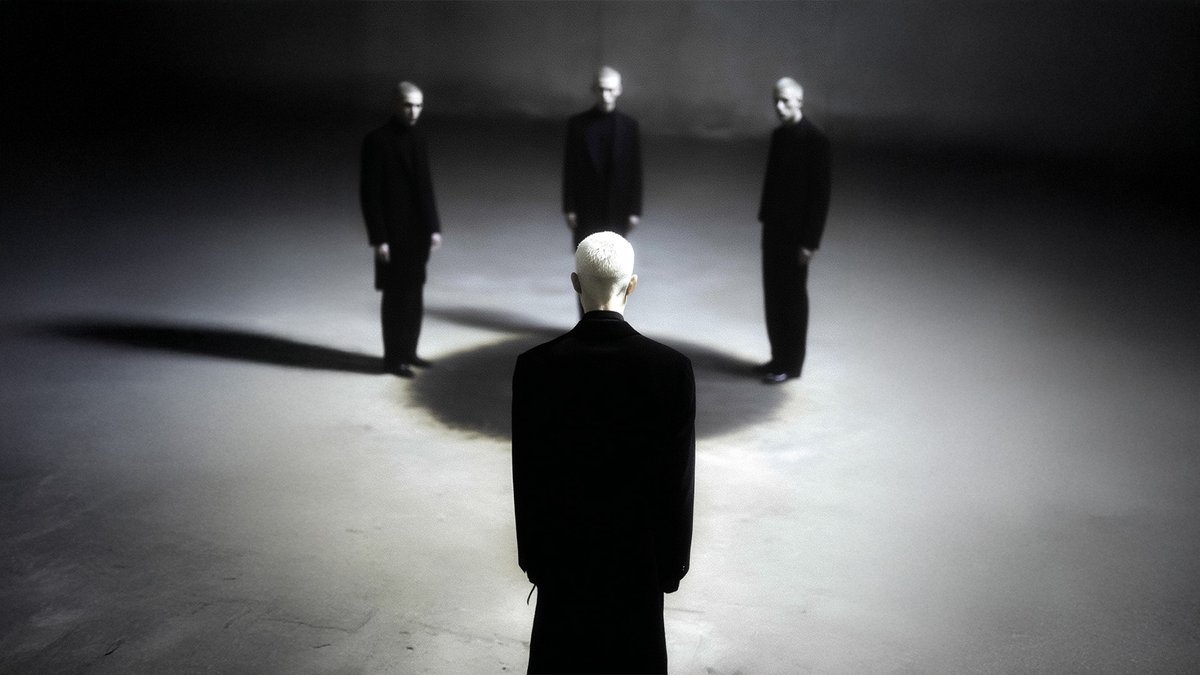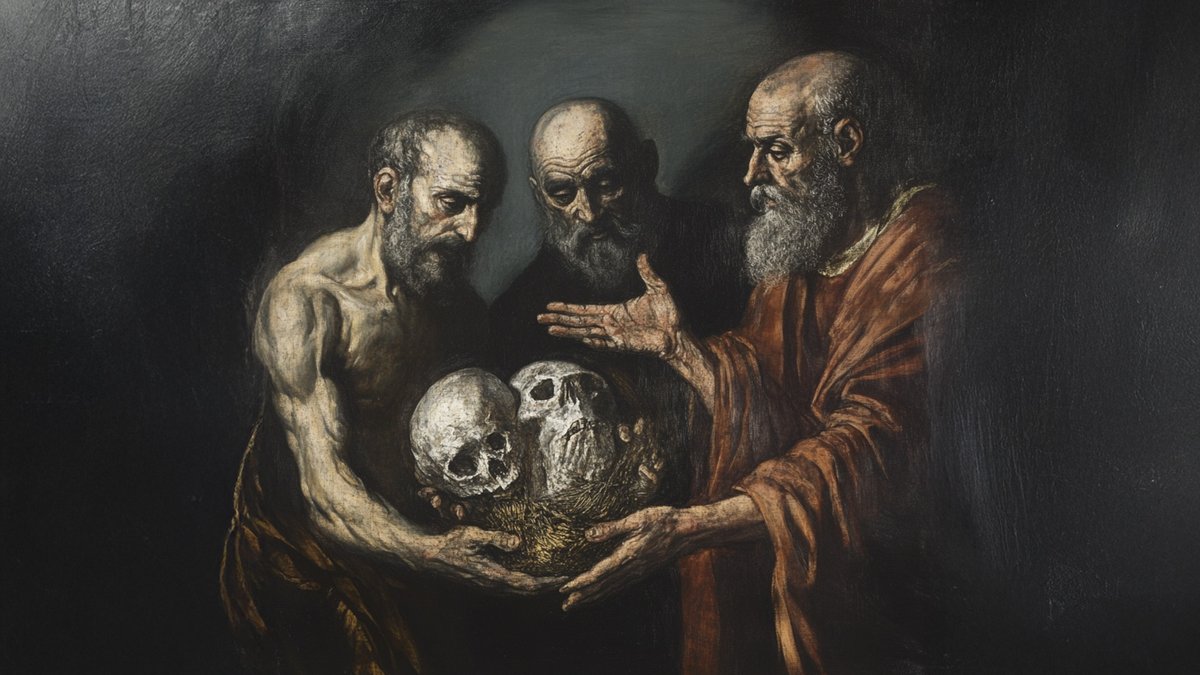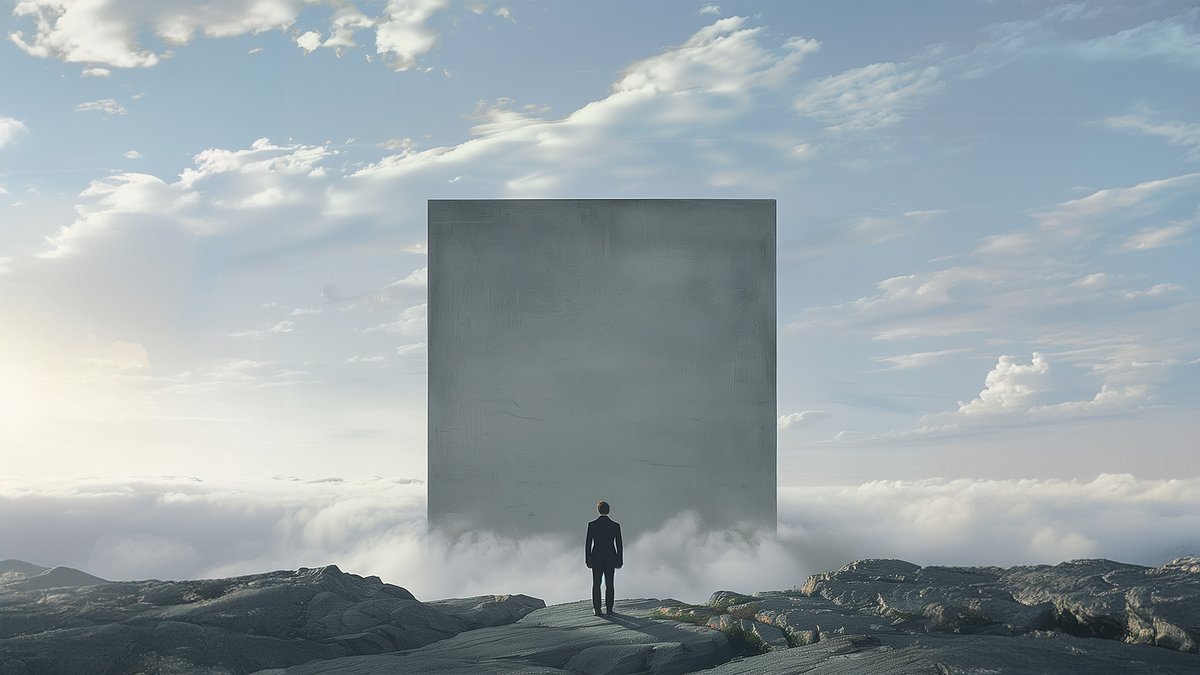
Philosopher and Cognitive Scientist | Associate Professor and Award-Winning Lecturer | Get 3 chapters of my Book for free ↓
How to get URL link on X (Twitter) App


 The one we're all fixated on is Propositional Knowing:
The one we're all fixated on is Propositional Knowing:
 It is basically a “Religion of the Self.”
It is basically a “Religion of the Self.”
 …it's a normative value for you. You believe it matters.
…it's a normative value for you. You believe it matters.
 When the Enlightenment rejected the supernatural/natural dichotomy, they treated the supernatural not as false in a specific way, but as ontologically irrelevant—as a category that had lost its ability to do explanatory work.
When the Enlightenment rejected the supernatural/natural dichotomy, they treated the supernatural not as false in a specific way, but as ontologically irrelevant—as a category that had lost its ability to do explanatory work.
 What Bracken seeks is not another religious system, but a lingua philosophica:
What Bracken seeks is not another religious system, but a lingua philosophica:
 At every moment of your conscious life, you are overwhelmed with a flood of possible information, sensations, thoughts, choices.
At every moment of your conscious life, you are overwhelmed with a flood of possible information, sensations, thoughts, choices.
 If the sacred is not accessed by analytical reasoning alone—but requires a reorientation of the whole self to undergo a transformation—it means that:
If the sacred is not accessed by analytical reasoning alone—but requires a reorientation of the whole self to undergo a transformation—it means that:
 Our culture has undergone a threefold reduction (initiated by the Enlightenment):
Our culture has undergone a threefold reduction (initiated by the Enlightenment):
 …a way of approaching the sacred with a new perspective—not an attempt at a final definition:
…a way of approaching the sacred with a new perspective—not an attempt at a final definition:
 First of all profundity is part of how we sense that things are real
First of all profundity is part of how we sense that things are real
 Traditionally there are two camps:
Traditionally there are two camps:
 The imaginal is a mode of cognition where we engage with reality through imagination (not as a departure from the real) but as a deeper exploration of it—enabling us to "be" in a situation and interact with it meaningfully.
The imaginal is a mode of cognition where we engage with reality through imagination (not as a departure from the real) but as a deeper exploration of it—enabling us to "be" in a situation and interact with it meaningfully.https://x.com/naval/status/1880415724994486452Why at least 2 practices?

 At the foundation of your experience lie two fundamental modes of knowing that shape how you engage with reality.
At the foundation of your experience lie two fundamental modes of knowing that shape how you engage with reality.
 Robin Hogarth proposes that intuition results from implicit learning—the ability to subconsciously pick up on complex patterns without deliberate awareness.
Robin Hogarth proposes that intuition results from implicit learning—the ability to subconsciously pick up on complex patterns without deliberate awareness.
https://twitter.com/thedankoe/status/1858264703539007860
 At first, let's define what meaning in life isn’t:
At first, let's define what meaning in life isn’t:
 Through ritual practices, like:
Through ritual practices, like:
 (1/7) This paradox—where our personal view of reality collides with a cosmic truth—is what’s called absurdity.
(1/7) This paradox—where our personal view of reality collides with a cosmic truth—is what’s called absurdity.
 Subjects are asked to connect nine dots with four lines without lifting the pen.
Subjects are asked to connect nine dots with four lines without lifting the pen.

 (1/8) Firstly — we must acknowledge that sustaining focus and engagement is challenging.
(1/8) Firstly — we must acknowledge that sustaining focus and engagement is challenging.
 (1/6) We often feel torn between two sides:
(1/6) We often feel torn between two sides: